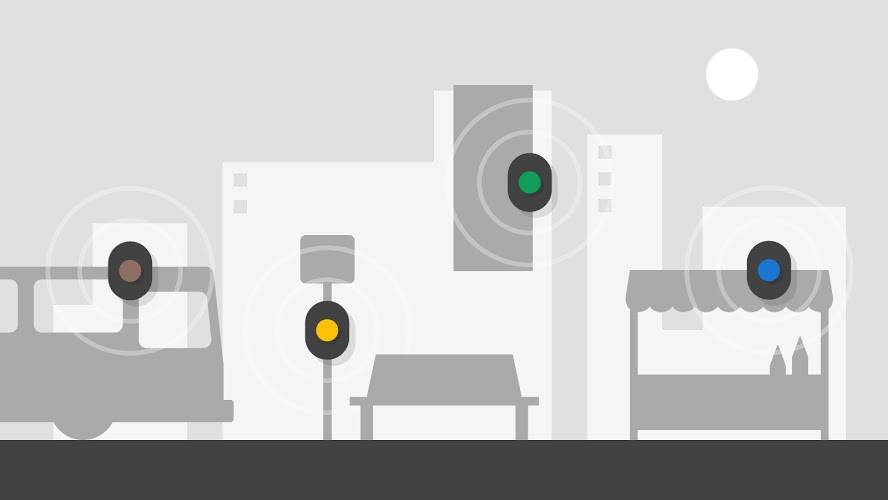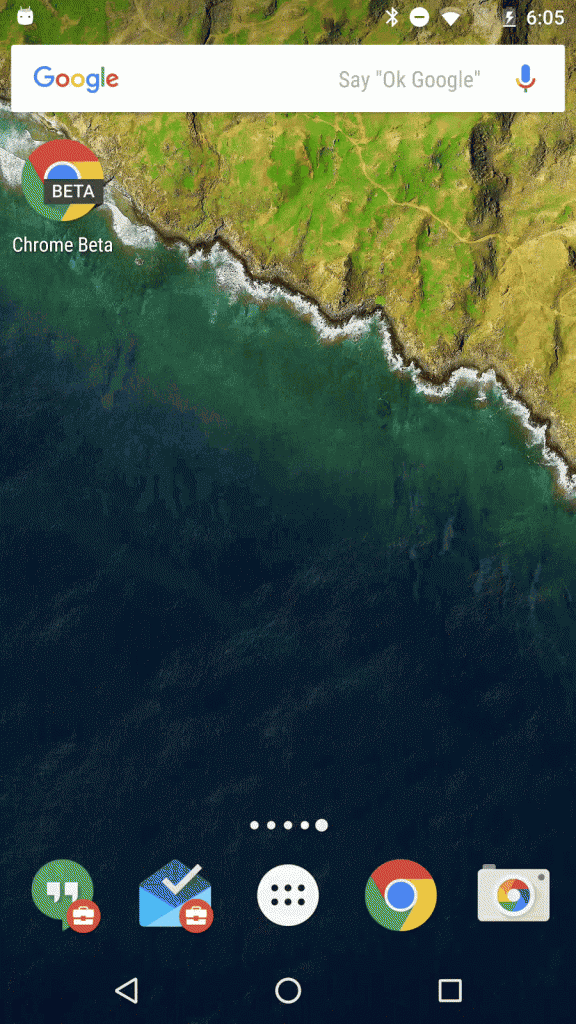
Google is continually pushing for an “Internet of Things” approach to everyday living, and part of this involves an effort of placing low-energy Bluetooth beacons in the cities and physical environments that can make relevant content available to people with smartphones roaming around (and there are a lot of those). This effort is called the “Physical Web”, and starting with Chrome for Android version 49, now in the beta channel, users will begin to be notified where Physical Web content is available and gives opportunities of interacting with these beacons.
Eddystone, the low-energy Bluetooth beacon technology that was announced last year, is being utilized big time now. Radius Networks, a beacon manufacturer, deployed 1,500 beacons to help attendees of the recent CES 2016 in Las Vegas navigate showrooms. The Golden State Warriors, one of the hottest teams in the NBA today, use Physical Web beacons to provide fans who visit the Oracle Arena – their home stadium – with highlight videos and welcome content.
![]()
When a user – with low-energy Bluetooth activated – comes into contact with a beacon for the the first time, they get a notification asking if they want to enable Physical Web content. Once turned on, users will get passive notifications from time to time nearby beacons are nearby and telling what kind of relevant content is available.

Pretty cool, right? This is the kind of contextual experience Google wants to build, and we’re glad they are making this available. If you want to try out the beta version of Chrome now, go on to the source link below and check out the download location. Otherwise, we can also just wait for the update to version 49, which should be coming soon.
SOURCE: Chromium Blog









